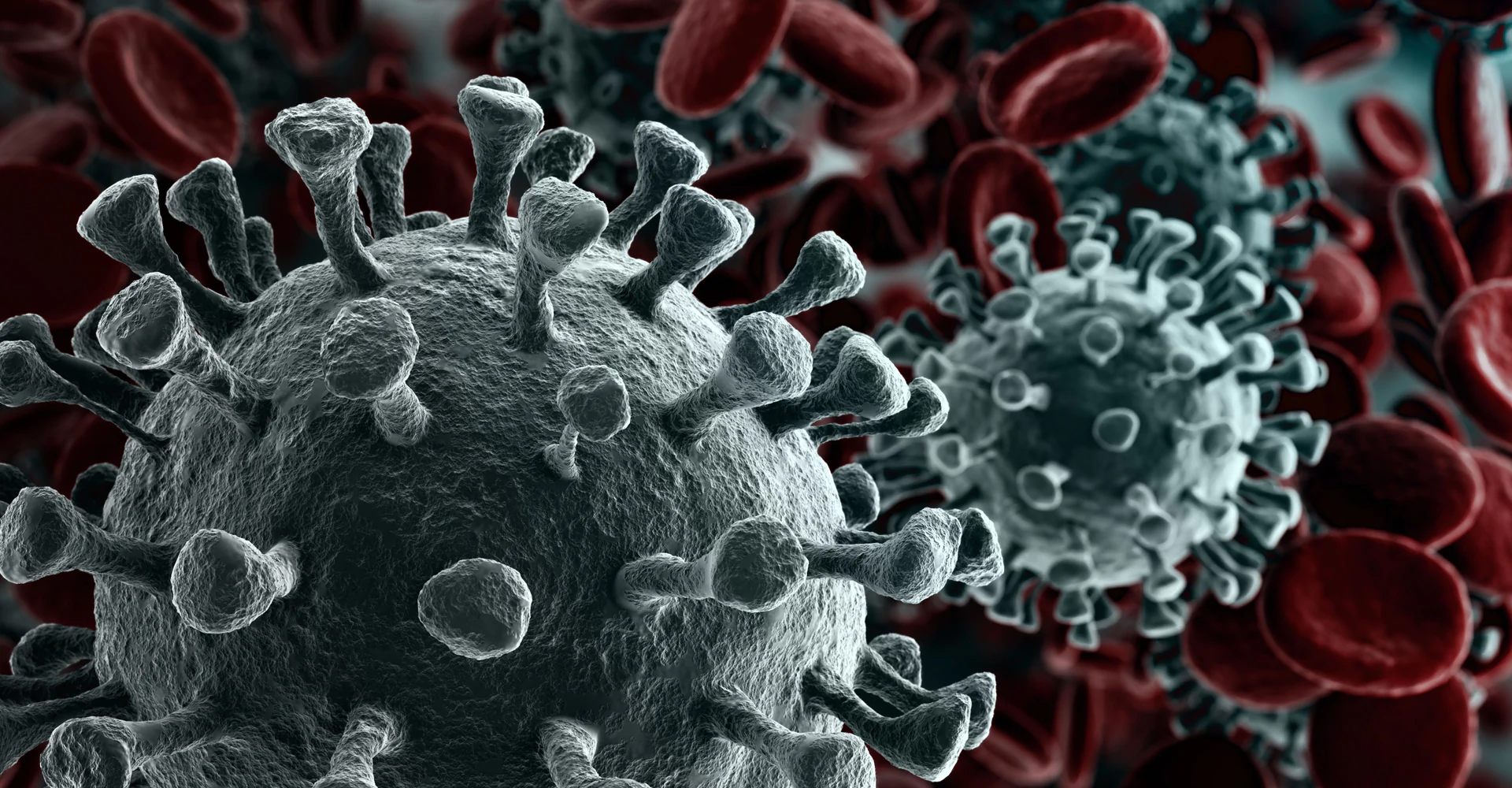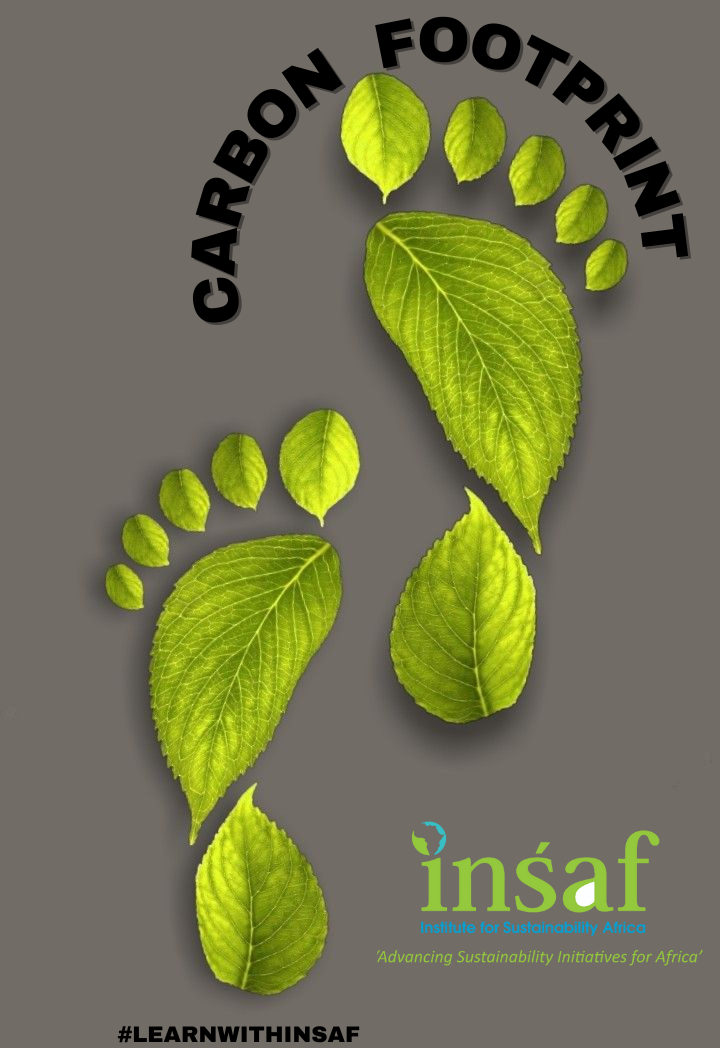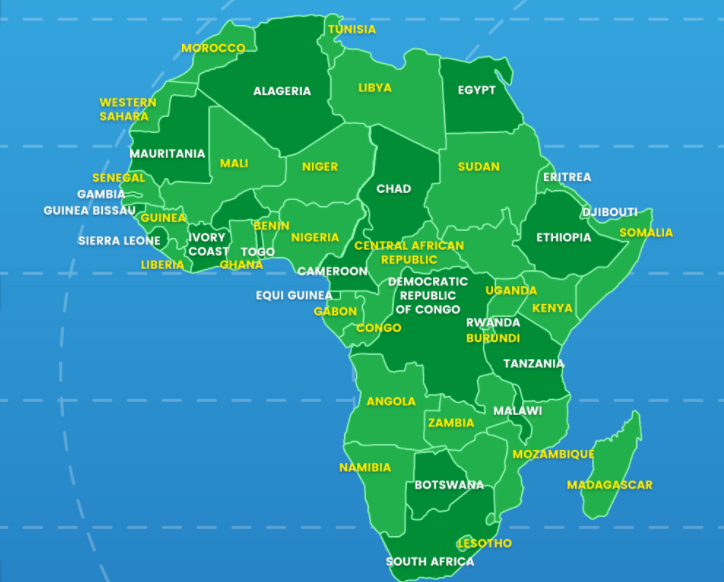Waste management is critical to human development and health outcomes, especially during the COVID-19 pandemic. The invaluable service provided by the waste management sector ensures that the unusual heaps of waste that poses health risks and escalate the spread of COVID-19 is avoided.
December 5 2018 the President declared that first Friday of each calendar month is designated as a National Clean-up Day. The National Clean-Up Day exercise which is in the spirit of creating a clean, safe and healthy environment. It stated that it is the duty of every individual across the country to clean their surrounding areas be it places of work, school, church, recreational areas and residential premises to manage waste management in the country.
The president addressed the importance of clean environment. The aim was to provide a clean environment through a sustainable waste disposal program. This was a noble effort and by the end of 2019 a large number of corporate and individual groups had joined in with the president’s campaign.
In 2020, the world was struck by the Corona Virus forcing almost every country into Lockdown including Zimbabwe. Government declaration restricted people movement which also affected waste management by local authorities during the COVID-19 restriction periods. In most cases, people resorted to sneak out to dump waste in open spaces or undesignated places. Most shops that were suddenly forced to close had large stocks of perishable products that went bad during this period of lockdown. With the restricted movement and the issue of limited stuff, some were forced to dump the spoiled goods in non-refuse areas resulting in piles of waste materials everywhere.
Failure to properly manage the waste generated from health facilities and households had potential to escalate the spread of COVID-19 via secondary transmission. The potential rampant dumping, open burning and incineration affect the air quality creating potential for respiratory diseases.
The intensification of single-use products and panic buying during the pandemic increased production and consumption, hence thwarting efforts towards reducing plastic pollution. However, countries like Kenya and Rwanda instituted ban on plastic usage by shops. Though, the COVID-19 pandemic is reported to have reduced air pollution and environmental-related noise, there was were improved biodiversity recovery in busy tourist sites like the Victoria Falls. However, the stay-at-home measures during the national lockdown could not eliminate waste generation. There was stockpiling of gloves, gowns, masks and other household waste which ended up being dumped in unauthorised place creating yet another health problems.
However, the question remains how these tonnes of waste could have been properly disposed. Further, could there have been other technological innovations for recycling the waste in many countries in Africa. With the continuing resurgence of COVID-19 pandemic waves disrupting social services and economic activities, should the window opened after the each wave not be effectively utilised to curb waste by allow limited social distanced group to participate in litter picking. The continued waste challenge will create further environmental consequences for the already strained health systems in our country.
According to the United Nations Environment Program (2020), there is need for sustainable waste management containing the spread of COVID-19. For example, the treatment of residual waste (tissues, handkerchiefs and similar organic and packaging waste) in incineration plants at a temperature near 1000-degree Celsius to ensure safe and complete destruction of the virus. COVID-19 has exposed the world to several environmental threats due to plastic pollution—attributable to unsustainable use of single-use plastics. Owing to the national adoption of personal protective equipment such as face masks, there is need for developing biodegradable and environmentally friendly protective gears including face masks, gloves and overall among others. While many local authorities have tried to manage waste during stable time, the preparedness during the pandemic was tested. It was quite clear that an Emergency fund for local councils should be establish for refuse collection during emergence times. In areas like Matapi Flats in Mbare evidence show that the extent of impact of COVID-19 on the environment waste management can bear long term health effects.
In light of this, the following measures are critical:
- Resumption of the Presidential Clean-up campaigns with people social distancing and wearing masks.
- Resolutions to avoid reversing the impacts of clean up campaigns.
- Cultural shift needed to avoid littering.
- Limiting participants to clean up in line with Government regulations on attending events.





